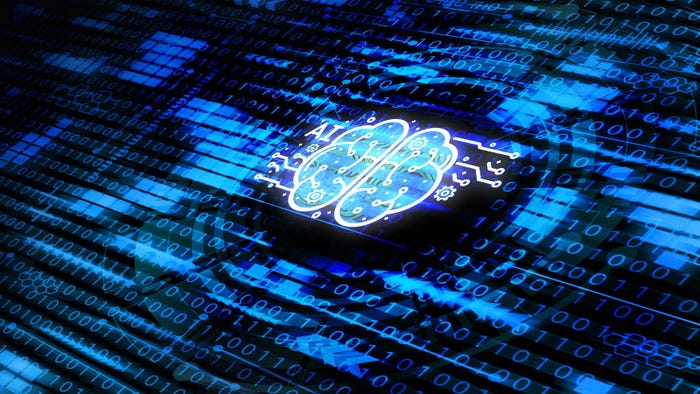Why Cisco Didn't Fight Consumer IT
At the Mobilize conference, Cisco's Tom Gillis shares his company's experience with consumer IT: Resistance is futile.


Apple iPad 2 3G Teardown
(click image for larger view)
Slideshow: Apple iPad 2 3G Teardown
The increasing use of consumer devices in corporate environments represents a fundamental architectural shift for enterprise IT departments, a shift that some companies have resisted due to the challenges it presents to traditional business practices.
The word from the GigaOM Mobilize conference on Tuesday is that resistance is futile, and perhaps even harmful to enterprises. In a discussion with New York Times deputy tech editor Quentin Hardy, Tom Gillis, VP and general manager of Cisco's security business unit, argued that IT managers should be proactive and embrace the consumerization of IT.
That's not to say enterprise security concerns are unimportant. Far from it. But Gillis suggested that the security and compliance challenges won't be solved by saying "No" when employees will use consumer devices regardless.
"You can create a better overall security solution by embracing these technologies because customers will use them anyway," he said.
And while Gillis may have a vested interest in encouraging companies to embrace a trend that will require further security investments, he's not alone in his assessment: Several other participants in a panel discussion on HTML5 and enterprise apps that followed said much the same thing about the consumerization of IT.
[ For further information on this topic, see Consumerization Of IT Is No Fad ]
"Embrace it, there's no other option," insisted Santiago Becerra, founder and CEO of business app maker MeLLmo.
About three years ago, Cisco decided to allow employees to use their own devices, and now sees Windows Phones, Android devices, iPhones, and Mac OS computers, in addition to its standard PC setup. The company has about 10,000 Mac users in its workforce of 70,000. "The price of using a Mac is that it's self-supported," he said. "After three years, our costs have been reduced by 25%."
Even though these Mac users are shouldering the cost of support, Gillis said that end-user satisfaction is up 200%.
"People want freedom of choice," said Gillis.
There's a separate but related trend: the virtualization of the data center. Gillis sees IT consumerization and data center virtualization as an opportunity for a networking company like Cisco.
In a world where you're losing control of physical assets, where do you put the hooks and access controls necessary for security and management? "Where the endpoints are dissolving, you need to be on the network," said Gillis.
Virtualization provides theoretical security advantages. "With virtualization, we can lift up the apps and OS and examine how they're behaving in memory, and that's incredibly powerful," he said, adding that it's also hard to do well.
"If we do our job right, we can deliver better security [in this fluid world]," he said.
The Virtual Cloud Connect Conference event will tackle the issue of reliability. Join us Sept. 29 for a look at the techniques that can turn unreliable cloud platforms into rock-solid applications. Find out more and sign up.
Read more about:
2011About the Author(s)
You May Also Like
Extending Access Management: Securing Access for all Identities, Devices, and Applications
June 4, 2024Assessing Software Supply Chain Risk
June 6, 2024Preventing Attackers From Wandering Through Your Enterprise Infrastructure
June 19, 2024Empowering Developers, Automating Security: The Future of AppSec
June 27, 2024




